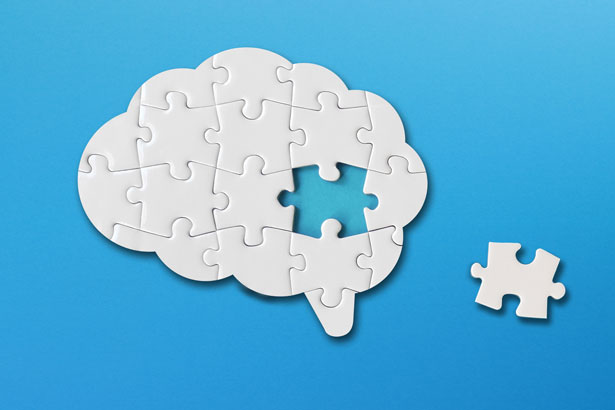Neurological Rehabilitation
Neurological rehabilitation is the process of improving and restoring nerve function. It's used to help with stroke and other vascular disorders, infections that attack nerves, traumatic brain injuries, and various neuromuscular, degenerative and functional disorders. Our ultimate goal at VRT Los Angeles is to help recover your independence via evidence-based therapeutic methods.
We work closely with an on-site neurologist to build the best action plan for you, track progress, and support you through every step of the rehabilitation process.
The Neurological Rehabilitation Process
Before we have you undergo any neurological rehabilitation, you'll go through neurocognitive testing, a process that non-invasively measures brain function. We implement the testing methods designed by Cambridge Brain Sciences. It's a web-based platform packed with games designed to test cognitive ability in areas like attention, reaction time, perception, and more.
The collected data helps doctors and our therapists assess neurological function. It's fast, way cheaper than a brain scan, and can be done anywhere with a computer and access to the internet.
Neurocognitive testing gives us a baseline for where to start with rehabilitation and can also detect early warning signs of conditions, like dementia and concussion. We'll discuss results and treatment methods with you so you know what to expect every step of the way.
Neurological Rehabilitation Treatments
Strength Building - Neurological conditions often lead to muscle weakness, making it hard for people to get around and function. Our therapists guide patients through research-back resistance training exercises proven to help build strength, restore function, and improve mobility. These exercises are even shown to help slow the progression of degenerative diseases, like MS.
Cognitive Training - Your brain has a trait called neuroplasticity--the ability to change and adapt in response to stimuli. This is made possible by its ability to form new neural connections, a key aspect of rehabilitating from neurological conditions and injury. Training exercises involve Cambridge Brain Sciences computer exercises that increase brain activity and form those new neural connections. The exercises also work to help improve attention, concentration, response speed, and more.
Mobility/Balance Training - One of the best things you can do to reduce your fall risk is to undergo mobility and balance training. These exercises work to improve your posture, increase muscle flexibility and strength, and improve locomotor performance. Exercises will be performed at a pace you're comfortable with.
Emotional Support - Since recovering from neurological handicaps/conditions can take a huge emotional toll on patients, we take steps to address your emotional wellbeing. When you're in the right mindset to get the most of neurological rehabilitation, you set yourself up for the most success. At VRT Los Angeles, we'll connect you with various support resources, and yes, our staff is there for you personally, too.

